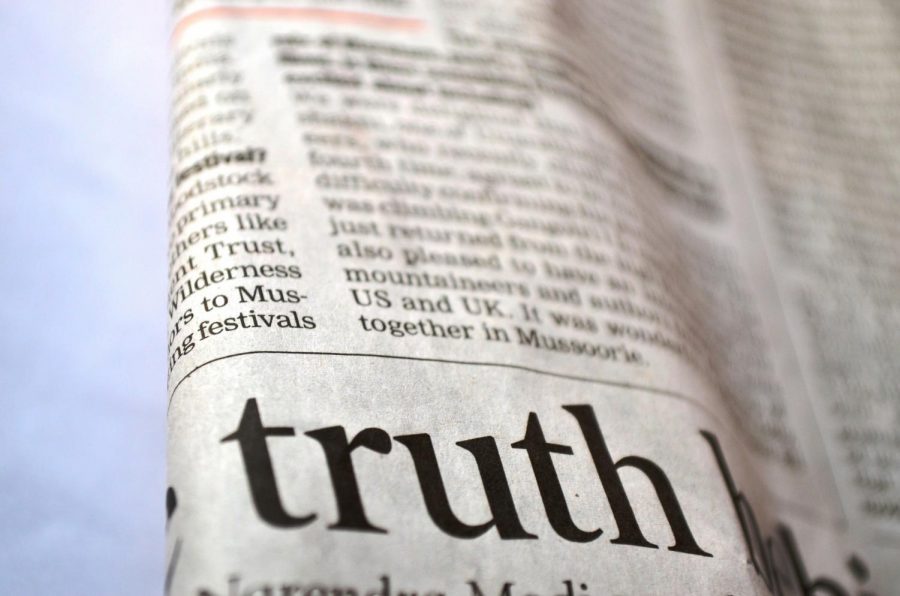Whistleblowers should wait, paper says
Taking time to gather evidence to support claim of malpractice can reduce consequences
Tom Tripp, a WSU Vancouver Carson College of Business professor, co-wrote a paper describing how whistleblowers should ensure their information is correct.
January 30, 2020
A recently published paper from WSU states silence is beneficial for whistleblowers when they initially suspect unethical behavior.
Tom Tripp, a WSU Vancouver Carson College of Business professor, said it can be damaging for whistleblowers to act before they know what is going on.
In “When Something Is Not Right: The Value of Silence,” Tripp and his co-authors wrote whistleblowers should take time to gather enough evidence to support their claim. In doing so, the whistleblower can reduce the potential consequences for speaking up.
There are instances that may be serious or could be nothing at all, he said. Reporting the latter can raise false alarms which can result in the whistleblower’s reputation being harmed, Tripp said.
“I like to reference Hanlon’s razor, which states ‘Never attribute to malice that which can be explained by stupidity,’” Tripp said.
This means people may jump to the wrong conclusion by believing someone acts with sinister intent, he said. When in reality, the person’s actions may have been a good decision.
Tripp said the whistleblower who reported President Donald Trump’s “quid pro quo” phone call with the Ukrainian president waited for three weeks. The whistleblower appeared to have gathered information during that time, which increased their credibility, he said.
“[The whistleblower was] successful in terms of taking the time to process whether what they heard was unethical,” he said. “Then they brought it to the attention of a higher authority.”
However, this doesn’t mean people should withhold information that looks worrisome.
The paper addressed the value of a workplace implementing fair grievance processes, he said. Employees are more likely to report unethical behavior internally if they trust the workplace.
Workers may take matters into their own hands and seek revenge if they’ve been treated unfairly by the system, he added.
Workplaces should create an environment that empowers its employees to speak up if they see something unethical, he said.
“When you see something suspicious, pay attention but as you pay attention, you should also be open-minded,” he said.
Tripp co-authored the article with colleagues from Georgetown University, University of Cambridge, National University of Singapore and Katholieke Universiteit Leuven in Belgium.









